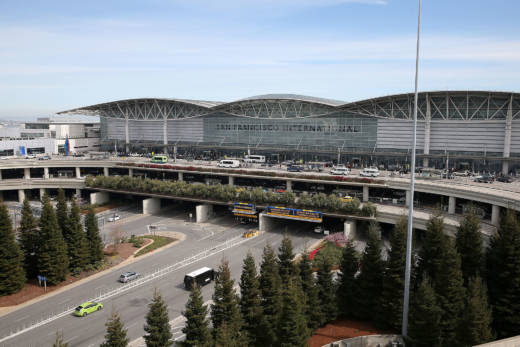The San Francisco International Airport can record the license plate information of everyone who uses its roads and parking garages and it can keep the data on file for more than four years.
The Airport Commission voted last month on a new policy that gives more than 70 SFO employees access to a license plate information database and allows the airport to release the data to the San Francisco Police Department, the San Mateo County Sheriff's Department and the FBI.
The technology can grab license plate information from millions of people a year. In 2016, the airport served more than 53 million passengers -- many of them drove to and from SFO.
The access that the airport's new rules provide could become a "honeypot" for authorities, according to Matt Cagle, a technology and civil liberties policy attorney at the ACLU of Northern California.
"Why does law enforcement need to know who's visiting SFO?" Cagle asked.
